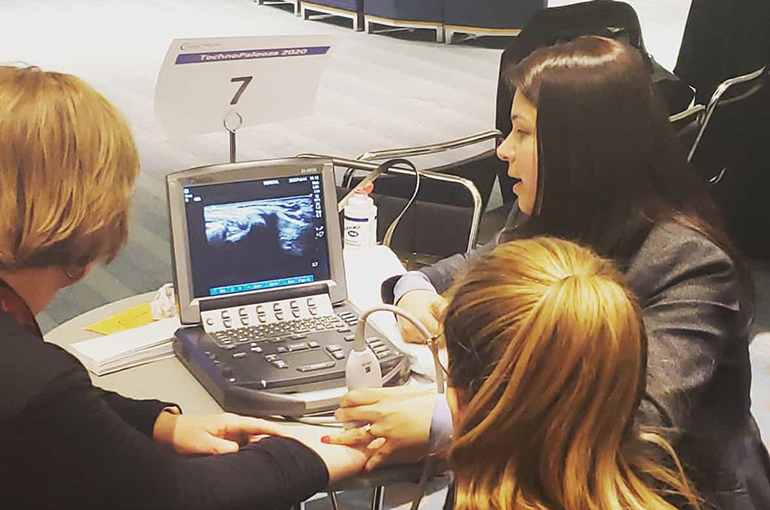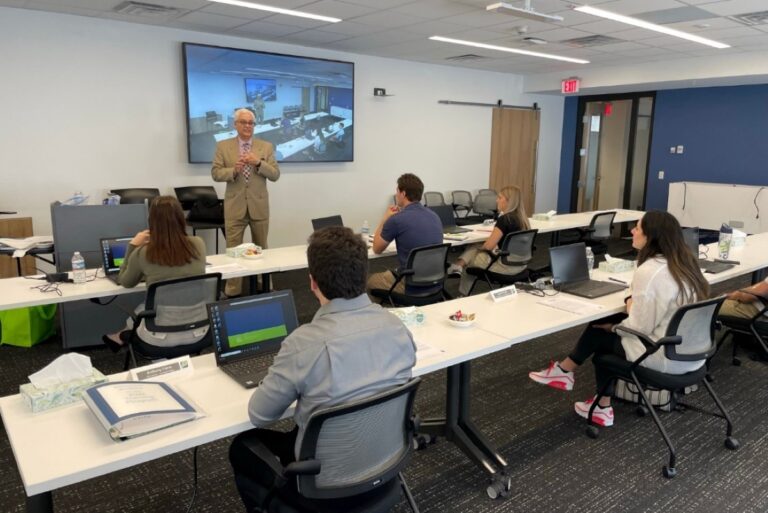5 Benefits That Technology Brings to The Healthcare Providers
How can healthcare providers benefit from health tech? Originally appeared on Quora: the place to gain and share knowledge, empowering people to learn from others and better understand the world.
There are many ways in which health care providers (and patients!) can benefit from health tech. It can save time, money, and increase the efficiency of existing resources- not to mention provide a more seamless experience for patients. From wearable technology to intelligent symptom checkers I will highlight 5 ways in which health tech can be used to provide more efficient, accurate and accessible services.
Save Time
In a recent review, the UK government announced plans for a paperless NHS by 2020. Part of this will involve the digitalization of health records. Mayo Clinic have partnered with Apple to do just this and are utilizing electronic medical records with their app, Systhesis Mobile. We have all experienced a long wait at the hospital, resulting in a baffled receptionist telling us that according to our medical records… we don’t exist. Medical professionals can use the app to access records and share them in real-time with patients, and across departments, using their smartphone or iPad. However, Systhesis Mobile goes beyond just accessing records- it can also be used to communicate to others in the building, requesting a nurse to change an IV or administer medication, for example.
Provide Valuable Information
Wearable technology, like the Apple Watch and FitBit, is becoming increasingly sophisticated with the ability to measure various stats from heart and respiratory rates to fluid levels in the body. This information can be passed on to heath care providers for analysis and ultimately detect the early signs of disease.
Professor Sir Bruce Keogh, in an interview with the Guardian, talked about how wearables have the potential to unobtrusively detect and prevent heart failure. He suggested that devices could be used to monitor high risk patients to make predictions and alert doctors when help is needed. Earlier intervention would lead to a better prognosis.
This year the MiniMed Paradigm Veo system was approved for use by UK Type 1 diabetic patients in the UK. This device is implanted under the skin and monitors blood glucose levels. It then wirelessly communicates this info to a pump which is able to deliver the correct dose of insulin. It is estimated that this could save £1,500 annually per user by reducing the number of ambulance call outs and hospital admissions. Considering there are 400,000 people in the UK suffering from Type 1 diabetes there is a potential for huge savings! Not to mention how these devices can take the pressure off carers of children with the disease.
Make Efficient Use of Resources
Babylon Health have partnered with the NHS in a recent effort to increase access to health care. The start-up founded by Dr Ali Parsa in 2013 uses smart AI bots to diagnose symptoms and set you up with a face-to-face GP appointment within the hour, and the whole process is completed via your smartphone. The doctor can even write a prescription and have it delivered to your local pharmacy ready to be picked up at your convenience. No more unnecessary mornings off work trying to get an appointment at the local clinic hoping you’ll be seen on time!
Considering that in 2015, 14.2 million patients had to wait at least a week or failed to book an appointment at all with their GP, services like these could play a key role in taking pressure off swamped GPs. Practo has had great success in India with a similar idea, and has taken its technology to Singapore. With web traffic growing at 24% a month and 7 million annual appointments booked, this model is undeniably in demand.
Increase Accuracy
AI technology has recently impressed with its ability of diagnose patients with impressive accuracy. In a recent challenge, Babylon Health’s intelligent medical bot scored 92% accuracy, beating a senior A&E nurse at 77% and a junior doctor with 82%!
This kind of bot can access massive amounts of data and information and come to a conclusion at much greater speeds that humans simply can’t match. Additionally, the more information these bots are exposed to, the more they ‘learn’ and ‘remember’, which only leads to increased accuracy- they don’t make the same mistake twice!
Google DeepMind’s Health team has already doubled in size since its launch in February and their founders have also invested in Babylon Health. DeepMind have similarly partnered with the NHS on a number of projects including one which uses their AI technology to spot the early signs of sight loss with the ability to recognise symptoms that doctors may be unable to detect.
Staying Modern:
Above all, health tech will help the health care providers keep up to the demands of a generation born into the age of digitalisation. At a time when we can order a take out, get a cab, pay the bills and book flights at the last minute all at the click of a button, it only seems logical that the next step would be to bring the health care services up to date!
Contributed by May McAlister, works at Oxford Knight









